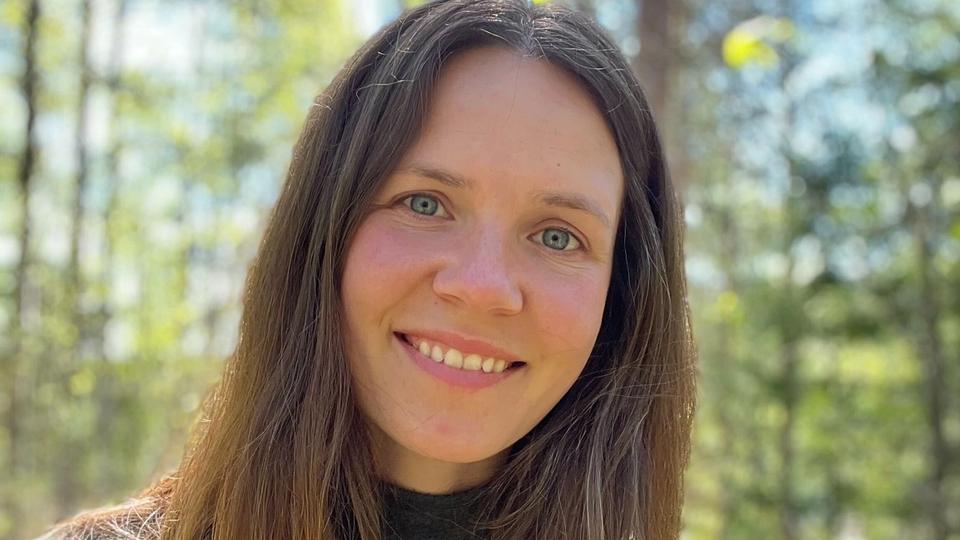
From tangle remover to circle creator
- If we are to succeed with a system change, all players must think anew about their own opportunities, says Kirsti Strømstad - a newly joined horticulturist in the Resourcer team.
She has her feet planted in agricultural soil, with a head that seeks answers to major system challenges. Industrial designer Kirsti Strømstad grew up on a small farm in Sør-Odal, an hour's drive east of Oslo. She has used her career after her NTNU education to hunt for sustainable and regenerative business models. In her role as strategic designer at Æra, she has had the opportunity to hone her skills in problem solving, processes where companies collaborate to solve complex social challenges, including those related to marine plastic and construction waste. Now she will be part of the Resourcer team.
The actors must find each other
- I see Resourcer as a company that is addressing an important system flaw. If we are to speed up circular value chains, we must establish a common language and create a knowledge base that shows the values in the raw materials. By scaling the bioeconomy in the right way, we can help to replace fossil and non-degradable raw materials, says Strømstad.
The 35-year-old has experience from strategy work in established companies, including several of the large enterprises in the Norwegian bio-industry. And she believes the key to change is to change the interaction between companies.
- The actors must find each other, and create production systems across established value chains. For this to happen, we need a digital marketplace and a business network that creates these new connections, says Strømstad.
In his new role in Resourcer, the goal is to further develop the network of actors. She will also go into specific businesses as an adviser to realize opportunities related to circularity and resource utilization. Kirsti will become an important part of the product team, which is currently developing the biocircular marketing system and associated digital support services.
Driven by curiosity
- Many companies have a blind spot when it comes to residual raw materials. What lies outside the primary product and the established income streams is to a small extent a topic at board meetings and management meetings. But in the waste statistics there are raw materials that can potentially create great value if you look at the needs further down the value chain, she says.
As a professional, Kirsti finds herself at the intersection between the creative and the technical, but she prefers the role of process manager to the role of expert. She enters businesses with great humility and curiosity.
- My job has often been to put things in order, and I strongly believe in participation. There is a lot of expertise in all organisations. I am keen to find out what businesses and people are good at, what they are passionate about. If we are to create profitable and more sustainable business models, we must start with core competence, says the 35-year-old.
It is not enough to pollute a little less
She is convinced that Norway, which is a leader in trust and technology, can come up with models that show the way for the rest of the world.
- Through the network and technology tools we will develop in Resources, the goal is to make it easy to become part of circular value chains. There is already a demand, but it needs to be made visible. At the same time, new technology, exciting bioprocesses and regulatory reforms are changing the picture. The aim can no longer be to pollute a little less, or reach the minimum requirements. If Norway is to lead the way, we must develop regenerative production models, we must add more than we take. This requires opportunity development and cooperation at value chain level.
